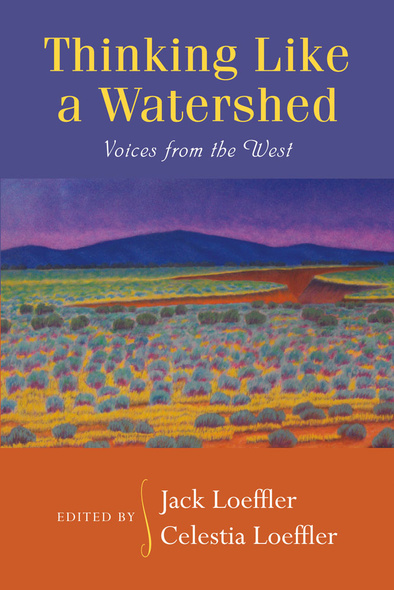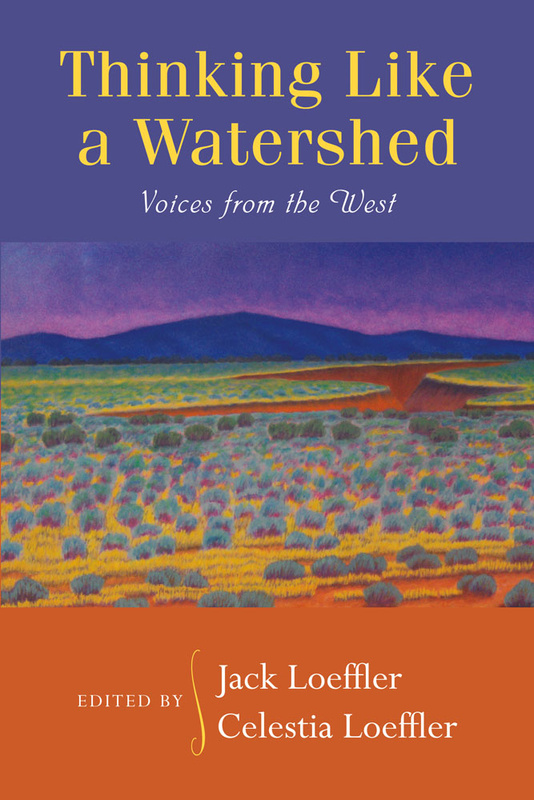Thinking Like a Watershed
Voices from the West
Thinking Like a Watershed points our understanding of our relationship to the land in new directions. It is shaped by the bioregional visions of the great explorer John Wesley Powell, who articulated the notion that the arid American West should be seen as a mosaic of watersheds, and the pioneering ecologist Aldo Leopold, who put forward the concept of bringing conscience to bear within the realm of "the land ethic."
Produced in conjunction with the documentary radio series entitled Watersheds as Commons, this book comprises essays and interviews from a diverse group of southwesterners including members of Tewa, Tohono O'odham, Hopi, Navajo, Hispano, and Anglo cultures. Their varied cultural perspectives are shaped by consciousness and resilience through having successfully endured the aridity and harshness of southwestern environments over time.
In this book, [Loeffler] has created a nexus where he and the people whom he works with can express the practical and symbolic importance of water in the western United States. Thinking Like a Watershed is a model for those of us working toward collaborative ethnographies and shared histories.'--Journal of American Folklore
Jack Loeffler is an aural historian, radio producer, writer, and musician. Among his earlier books are Adventures with Ed: A Portrait of Abbey and La Música de los Viejitos. He lives in Santa Fe.
Celestia Loeffler, Jack’s daughter, is a writer and producer in Durango, Colorado. Both are board members of Lore of the Land, a nonprofit organization dedicated to nurturing and preserving the traditional communities of the American Southwest.






